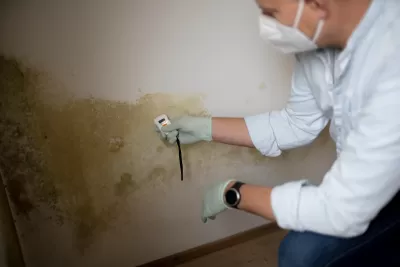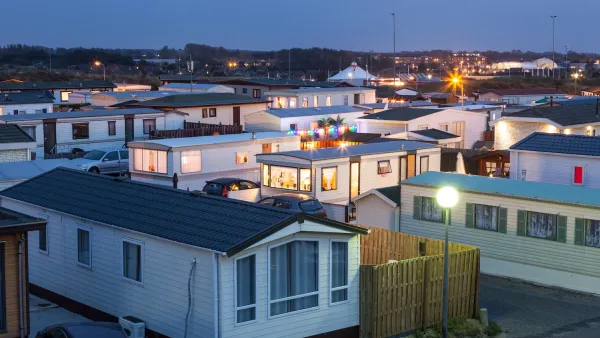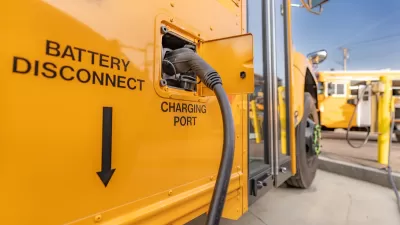Older homes provide an affordable housing lifeline, but poor conditions often lead to serious health impacts for residents.

A growing field of research reveals the impact that living conditions can have on public health and housing stability, highlighting the need to improve the country’s aging housing stock. According to an article by Patrick Sisson in Bloomberg CityLab, “A study by Rebuilding Together, a nonprofit that provides free home repairs, found that every dollar invested in a home generated $2.84 in social benefits, half of which are savings on health-care spending.”
In the United States, 35 percent of housing stock is over 60 years old, and HUD data shows that 6.7 million U.S. households live in substandard housing. Meanwhile, weather events such as extreme heat waves have a disproportionate impact on the lowest-income households that don’t have access to air conditioning, effective ventilation, or weatherization.
With the link between housing and health becoming clearer, some states are experimenting with using healthcare funding to support home repairs that have an immediate impact on health. However, many federal programs still focus on electrification and efficiency upgrades without addressing more basic repairs often needed in older housing. “It exposes a persistent blind spot in US housing policy — the relentless focus on new construction as the key to the housing crisis, rather than repairing the housing that’s already been built.”
FULL STORY: The Other Housing Crisis: Too Many Sick, Aging Homes

Planetizen Federal Action Tracker
A weekly monitor of how Trump’s orders and actions are impacting planners and planning in America.

San Francisco's School District Spent $105M To Build Affordable Housing for Teachers — And That's Just the Beginning
SFUSD joins a growing list of school districts using their land holdings to address housing affordability challenges faced by their own employees.

The Tiny, Adorable $7,000 Car Turning Japan Onto EVs
The single seat Mibot charges from a regular plug as quickly as an iPad, and is about half the price of an average EV.

Seattle's Plan for Adopting Driverless Cars
Equity, safety, accessibility and affordability are front of mind as the city prepares for robotaxis and other autonomous vehicles.

As Trump Phases Out FEMA, Is It Time to Flee the Floodplains?
With less federal funding available for disaster relief efforts, the need to relocate at-risk communities is more urgent than ever.

With Protected Lanes, 460% More People Commute by Bike
For those needing more ammo, more data proving what we already knew is here.
Urban Design for Planners 1: Software Tools
This six-course series explores essential urban design concepts using open source software and equips planners with the tools they need to participate fully in the urban design process.
Planning for Universal Design
Learn the tools for implementing Universal Design in planning regulations.
Smith Gee Studio
City of Charlotte
City of Camden Redevelopment Agency
City of Astoria
Transportation Research & Education Center (TREC) at Portland State University
US High Speed Rail Association
City of Camden Redevelopment Agency
Municipality of Princeton (NJ)





























